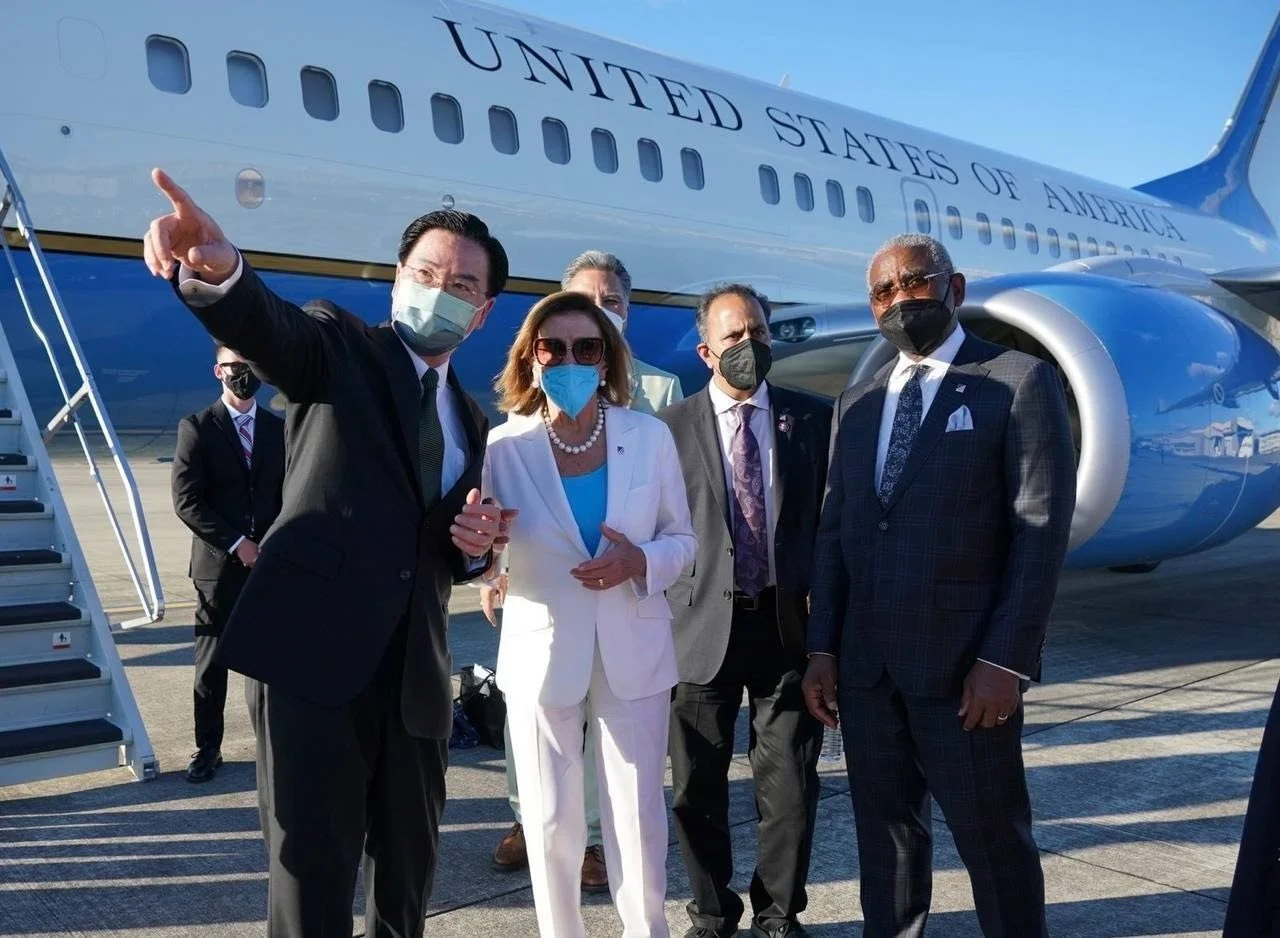9DASHLINE asked a select group of experts to assess Central and Eastern European (CEE) countries’ relations with China and how they expect them to evolve in 2023.
Read MoreAs a reinvigorated Quad steps up its engagement, some observers have called for the Quadrilateral Security Dialogue to establish a permanent presence in the Indo-Pacific via a standing maritime force. But how viable is this idea?
Read MoreWritten by Benedikt Staar
North Korean politics are strongly influenced by the regime’s friends, its enemies, and its own ambitions. As it turns out, things look promising for Pyongyang on all three fronts.
Read MoreIn 2022, the Indo-Pacific region witnessed several devastating climate-related disasters, from floods in Pakistan, India, and Bangladesh to heat waves and droughts in China. It is clear that the climate crisis has become an increasingly urgent global issue, and that concerted international action is necessary.
Read MoreWritten by Asad Ejaz Butt
While Pakistan does not have any alternate short-term options other than returning to the IMF, it can consider structural reforms, like targeted subsidies and rationalisation of current expenditure through fiscal prudence and better management of state resources.
Read MoreWritten by Ridvan Kilic
Ultimately, in order to secure its maritime boundary in the North Natuna Sea, Indonesia needs the support of like-minded strategic partners from the Quad more than ever.
Read MoreWritten by Chris Deacon
Almost eight decades after the end of the Second World War, the legacy of Japan’s military expansionism and colonial rule across the Pacific continues to haunt its contemporary international politics, particularly within Northeast Asia.
Read MoreWritten by Alice Dell’Era
From Europe’s perspective, these potential trilateral and/or minilateral consultative mechanisms could give European actors the space to voice their own outlook, ensuring that European viewpoints are incorporated into Japanese and American perspectives.
Read MoreWritten by Reuben Steff and Martin Jirušek
Should war or a system of neo-Cold War style blocs emerge, it will be US allies and partners in the Indo-Pacific that form the new frontlines and that have the most to lose.
Read MoreWritten by Phan Xuan Dung
As Vietnam’s most senior politician and the architect of the ‘bamboo diplomacy’ concept, Trong should promote efforts to update Vietnam’s strategic thinking, thereby enabling the country to bend and sway in the current geopolitical headwinds with greater flexibility.
Read MoreWritten by Rushali Saha
The Biden administration’s expansion of the geographic definition of the Indo-Pacific to include the entire Indian Ocean, while a positive first step, is merely a symbolic move unless complemented with concrete policy action.
Read MoreThis month we enjoy a fascinating conversation with Ali Wyne where we discuss his new book America's Great Power Opportunity: Revitalizing U.S. Foreign Policy to Meet the Challenges of Strategic Competition.
Read MoreWritten by Amanda Hsiao and Ivy Kwek
A long-lasting solution on Taiwan will be difficult to realise anytime soon. However, avoiding miscalculation and slowing the escalatory spiral that the parties are currently engaged in are achievable outcomes that Taipei, Washington, and Beijing should prioritise.
Read MoreWritten by Zsuzsa Anna Ferenczy and Tereza Novotna
Much of this is also about how far Seoul will be prepared to join many of its partners in working with Taiwan. In other words, if South Korea wants to play a bigger role in the Indo-Pacific, it is high time that Seoul joins the ‘Taiwan club’.
Read MoreWritten by Pak K. Lee and Anisa Heritage
In order to minimise the chances of conflict with Beijing, Washington must now clarify its one-China policy rather than maintain strategic ambiguity over the matter of Taiwan’s indeterminate status.
Read MoreWritten by Sam Bresnick
If Beijing succeeds in impelling Global Security Initiative partners to revise existing security norms and arrangements (certainly a big ‘if’), the United States and its allies could find themselves increasingly constrained.
Read MoreWritten by Rorry Daniels
Although there is an optimistic case to make that Taiwan is not the kindling for a great power ‘bonfire’, the tenuous bargain that has protected cross-Taiwan Strait peace and stability for 40 years is under intensified threat and requires mindful attention to preserve the peace in US-China and cross-Strait relations.
Read MoreWritten by Áine Cooke
The US must ensure that it remains competitive by enhancing its military capabilities to deter an invasion of Taiwan, as well as by extending its diplomatic reach to counter China’s extensive regional engagement, and by formulating a comprehensive economic and climate policy.
Read More














